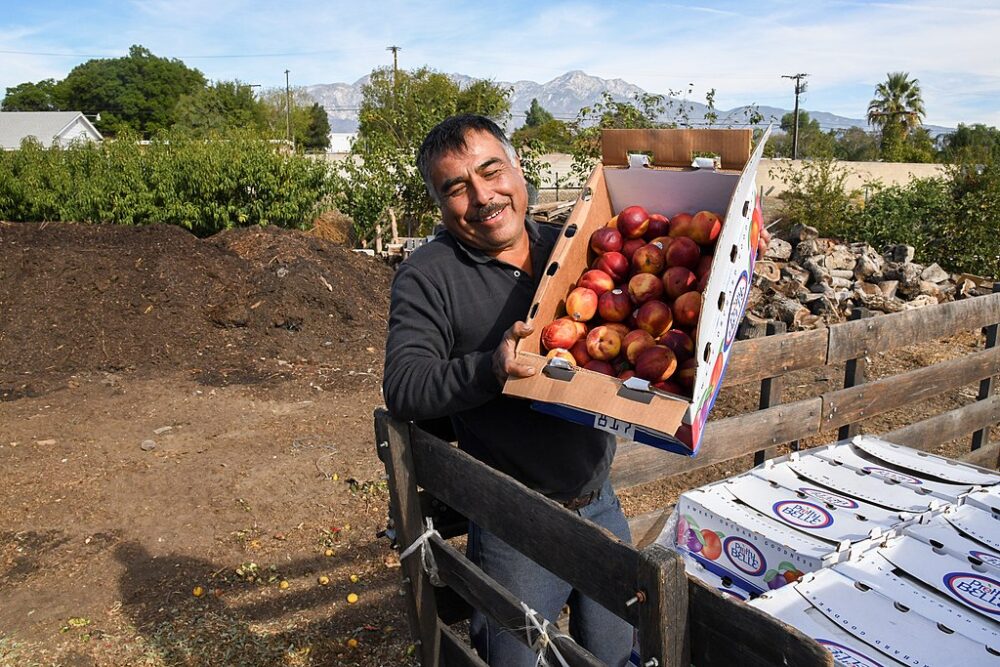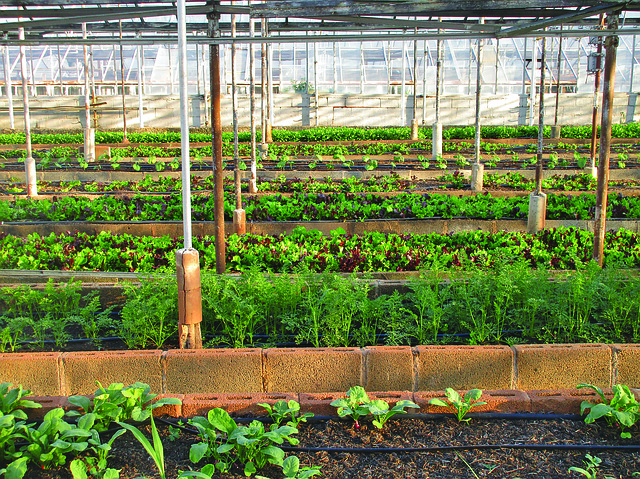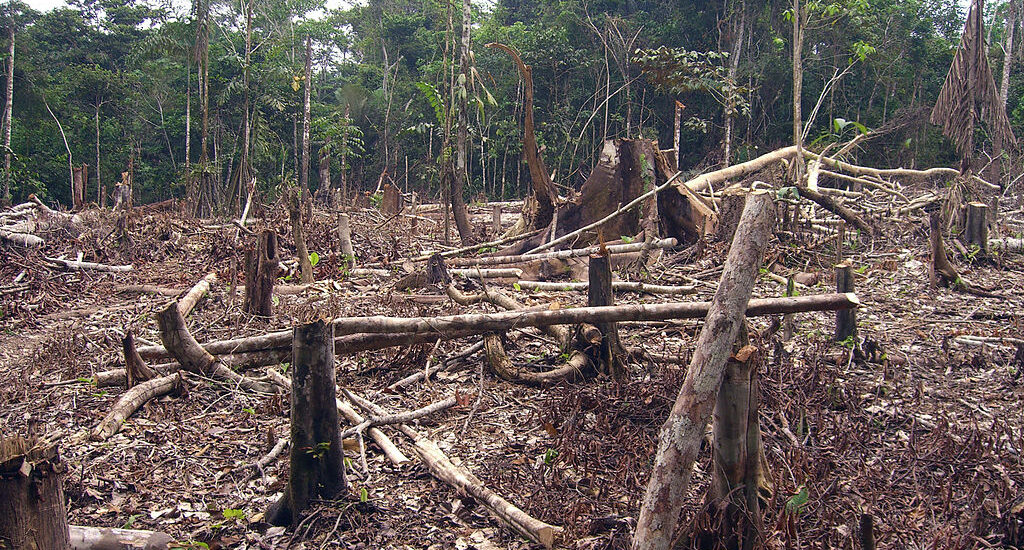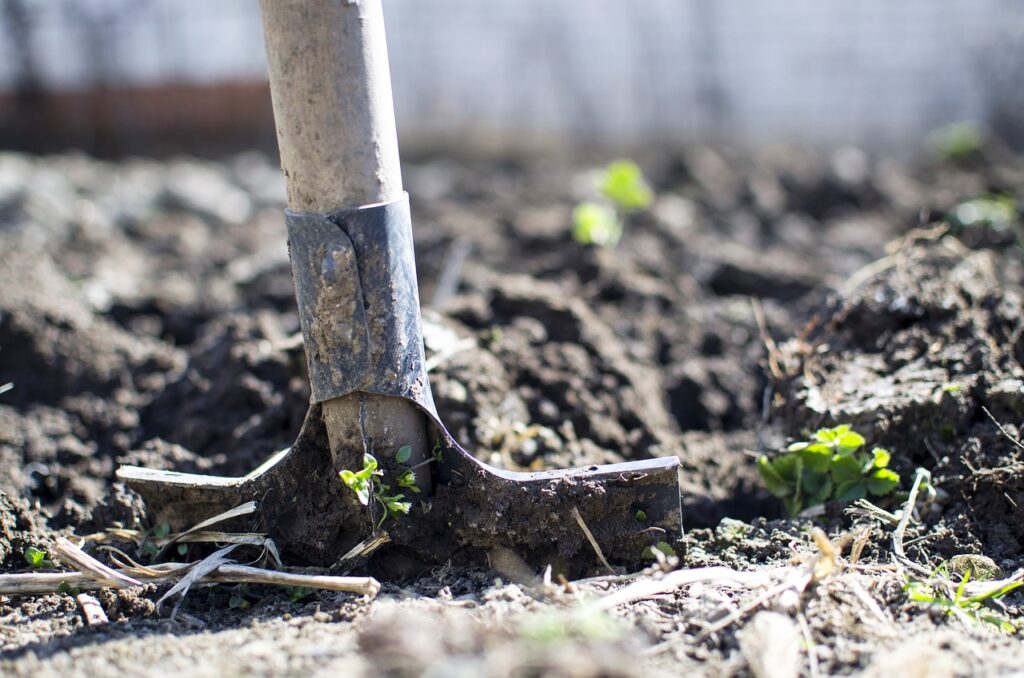In South America, a revolution in agriculture is unfolding. It’s all about sustainable agriculture initiatives and farming methods that provide food and protect the environment. This new approach is essential because traditional farming methods can harm our planet. They often use too many chemicals, hurt the soil, or harm the animals and environment in other ways.
Sustainable agriculture, on the other hand, looks to change this. It includes practices like organic farming, which avoids harmful chemicals, and agroforestry, which combines trees with crops. These methods help keep the soil healthy and support various plants and animals. By adopting these approaches, South American farmers are working to ensure that they can keep producing food not just now but for generations to come.
Organic Farming: A Natural Approach
Organic farming is changing the way we grow food in South America. It’s a method that avoids using synthetic chemicals like pesticides and fertilizers. Instead, it relies on natural processes and renewable materials. This approach has many benefits.
One big plus is that it’s better for the soil. Organic farming practices like crop rotation, composting, and natural pest control help keep the soil healthy. Healthy soil grows healthy crops and can store more carbon, which is good for the planet.
Also, by not using harmful chemicals, organic farming is safer for the farmers, the environment, and everyone who eats the food. It helps protect our water sources from contamination and preserves the natural balance of local ecosystems.
Organic farming in South America is not just about growing food. It’s about growing it in a way that’s good for the Earth and for future generations. It’s a step towards a more sustainable and healthier world.

Agroforestry: Harmonizing Agriculture and Nature
Agroforestry is a smart blend of agriculture and forestry, and it’s taking root in South America. This approach combines growing crops with planting trees and shrubs. It’s not just about farming; it’s about creating a system where plants and trees support each other.
This method is great for biodiversity. The trees provide homes for birds and insects, which can help control pests naturally. They also improve soil quality and reduce erosion, which is crucial in areas with heavy rains.
In countries like Brazil and Peru, agroforestry is being used to grow coffee and cocoa under the shade of trees. This helps the crops and brings back native plants and animals. By using agroforestry, farmers in South America are growing food and helping to keep the natural environment strong and healthy.

Empowering Local Farmers with Community-supported Agriculture
Community-supported agriculture (CSA) is a powerful concept reshaping farming in South America. Locals buy shares of a farm’s harvest in a CSA in advance. This gives farmers upfront funds for seeds, equipment, and labor. It’s a win-win: farmers get financial security, and community members get fresh, local produce.
CSAs also strengthen the local economy. Money stays in the community, supporting local farmers instead of big companies. Plus, they bring people together. Members often visit the farms, meet the farmers, and learn about where their food comes from.
This approach creates a strong bond between farmers and their communities. It encourages sustainable farming practices and helps preserve local farming traditions. In South America, where agriculture is a key part of life, CSAs are not just about food but building a stronger, more connected community.

MEDLIFE's Greenhouse Project in Chahauitiri
MEDLIFE’s Greenhouse Project in Chahauitiri is a sustainable agriculture initiative in South America focused on enhancing the agricultural capacity of the community in Chahauitiri, near Cusco, Peru. The project involves constructing greenhouses for each family, which allows them to grow a variety of vegetables despite the challenging high-altitude climate. These greenhouses help address climate-related agricultural issues and improve the local diet by providing access to fresh, nutritious produce year-round. This enhances food security and offers potential economic benefits by allowing surplus produce to be sold at local markets. The project is a great example of how targeted interventions can help communities adapt to environmental challenges while improving their standard of living.
Supporting Sustainable Agriculture Initiatives in South America
Sustainable agriculture initiatives in South America, like organic farming, agroforestry, and community-supported agriculture, are key to a healthier and more environmentally friendly future. They ensure a stable food supply and protect our soils, biodiversity, and climate. The Safe Homes Movement supports such vital initiatives, contributing to the overall well-being of communities in South America.
By learning more about and supporting these sustainable practices, you can be part of this positive change. Download the Safe Homes Movement brochure to get involved and become a part of these impactful projects. Your interest and support can make a significant difference in advancing sustainable agriculture and building stronger, more resilient communities.







